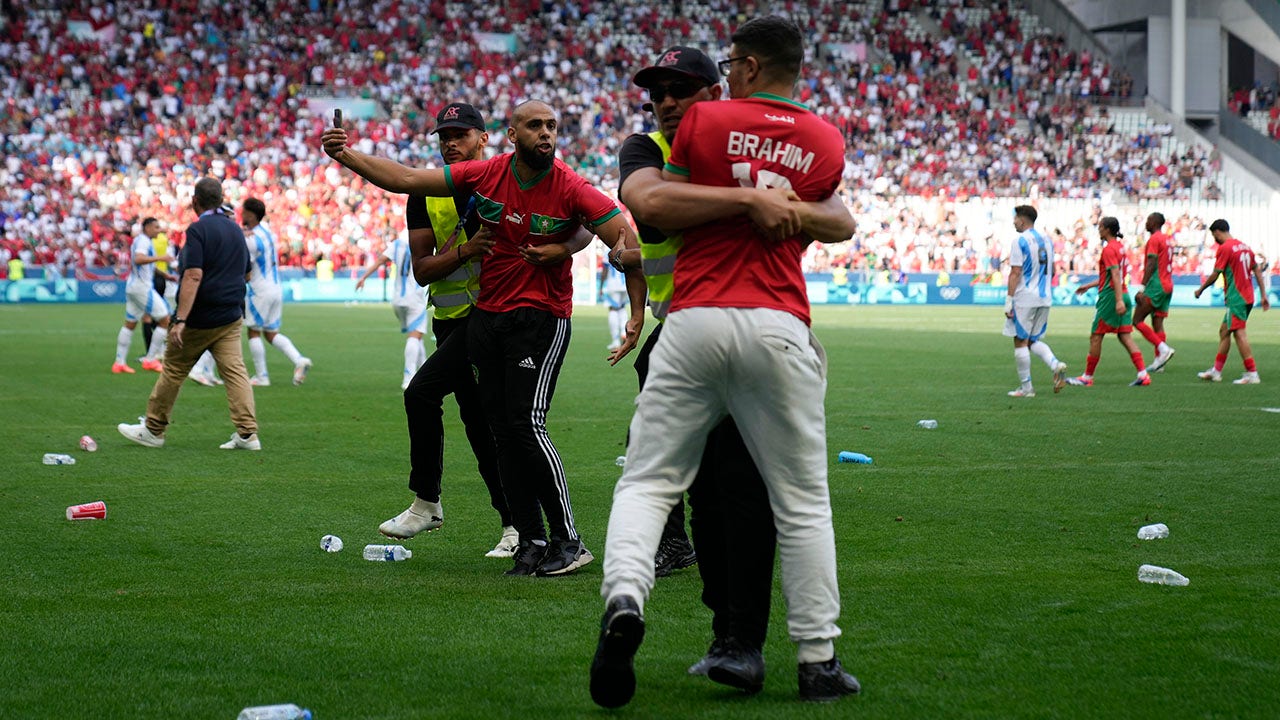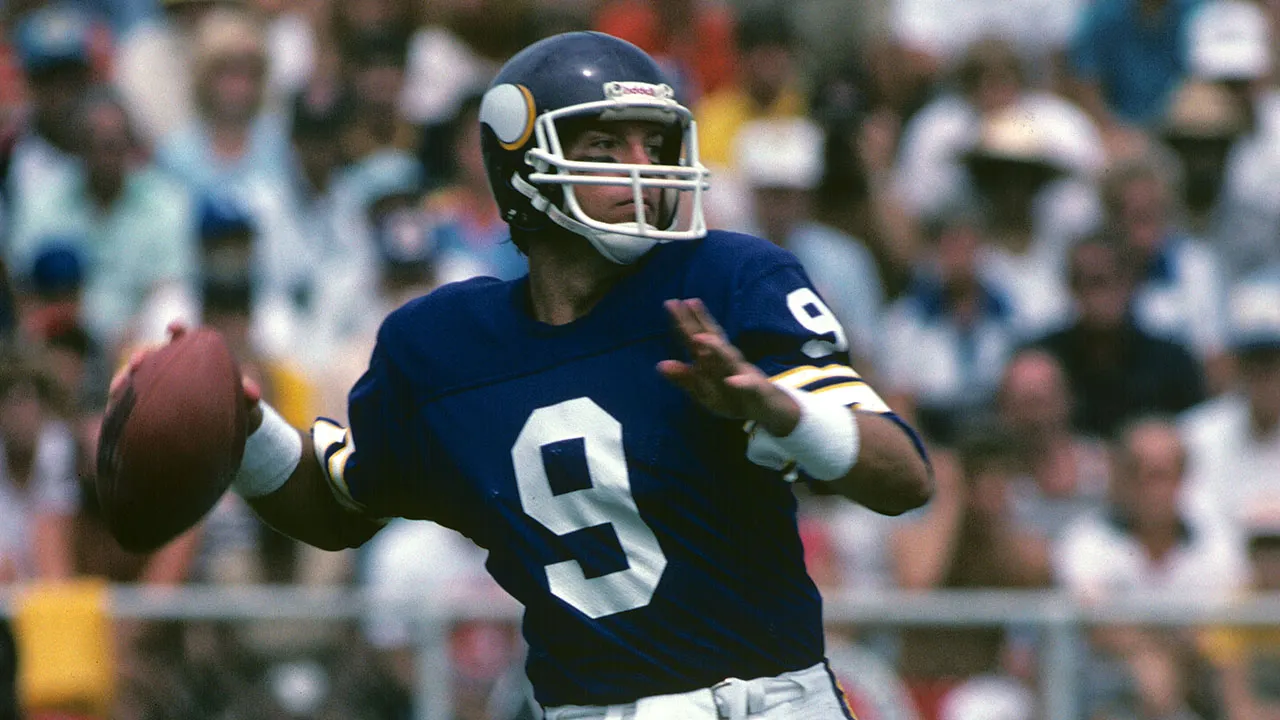PARIS — When her confidence waned and her body only began to tickle the fringes of normalcy, Sunisa Lee turned to her comfort zones. Though an exceptional all-around gymnast, she is especially gifted on the uneven bars.
As she slowly made her way back from two debilitating kidney diseases, it was the bars that helped restore Lee. She felt at home there, so comfortable that she started to tinker with a new release move, hoping to have it named after her. Her coach, Jess Graba, supported the plan, encouraged her to do anything that would “get her out of bed in the morning,’’ after the side effects of her kidney ailments left her physically weak and mentally broken.
He did not push her; didn’t even set goals. Graba didn’t know what was reasonable. Besides, he knew the athlete he’s trained since she was four years old, would do that herself. Slowly the fog lifted, and the good news trickled in — a clear to work out and finally in January, an OK to compete. Still, Graba cautioned. She didn’t have to do this, do any of it, he told her. With an Olympic all-around gold medal already around her neck, she had nothing to prove. The cynics that dogged her, the ones that liked to remind her she won the gold when Simone Biles withdrew, wouldn’t be silenced anyway. In fact, if she was anything less than she had been, they probably would pounce harder.
But Lee wanted what she wanted — another shot. And so Lee plugged forward, through the lead up meets to the Olympics, adding a bit more at each stop. Bars and balance beam only at the Winter Cup in February; mixing in floor exercise at the Core Hydration Classic in May; and finally all in at Olympic trials. Even as she expanded her repertoire, the bars remained her mainstay. A place where her success fortified her, built that confidence back up.
Naturally the better she felt, the better she performed; the better performed, the more she wanted. It is human nature. But even as her eyes opened to possibility, to allowing herself to imagine medals and places, Lee reminded herself that being here was enough.
And so when Lee stepped up last in the uneven bar final in Paris, she swung to win because you always want to win; but mostly she swung because if felt good.
When the 14.800 score flashed, slotting Lee into the bronze medal, she covered her mouth in surprise, surprise that she won a medal, but more surprise at what she’s done. “The last couple of days, I saw my scores and I saw that if I just hit my routine, I could medal,’’ she said. “But really I just wanted to prove it to myself that I can do it.’’

Sunisa Lee covers her face in shock after seeing her score during the uneven bars final at the 2024 Olympics. (Photo: Jamie Squire / Getty Images)
Lee now has a stash of three Olympic medals from Paris — a gold from the team final, an all-around bronze and a bars bronze. She has a shot for a fourth tomorrow, on the beam. All this from a woman who in January wondered if she should even target the Olympics as a goal.
But if the time since her diagnosis has taught her anything, it is that she is even stronger than she thought she was. The gift of perspective has been almost liberating, allowing Lee to give herself grace and find the sweet spot between pushing for something and being simply happy you can push.
She wound up not doing the would-be signature move; she wanted to, but Graba told her the risk wasn’t worth it. He crunched the numbers. They didn’t add up. Kaylia Nemour, a 17-year-old Frenchwoman by birth who, because of a protracted disagreement with her federation competes for Algeria, was essentially untouchable. She is to bars what Simone Biles is to vault, unbeatable unless she royally screws up. Qiu Qiyuan, the reigning bars world champion from China, would be equally hard to beat because of her difficulty score.
Suni Lee wins an uneven bars bronze medal with a fantastic routine in the final! #ParisOlympics
📺 NBC and Peacock pic.twitter.com/0V1TGS25sp
— NBC Olympics & Paralympics (@NBCOlympics) August 4, 2024
He didn’t want to tell her she couldn’t do something, but he also knew realistically she wasn’t likely going to win a silver or gold. So aim, he told her, for what was achievable, and find the joy in achieving it. Her routine as it was constructed was good enough to land Lee on the podium; if she did the new skill and fell, it would negate any chance of making it.
At one point in her career Lee might have pushed back. Because of their long time together, Lee has no problem challenging Graba and in the past, he usually followed her lead.
The last 18 months, though, have changed their dynamic. Graba is extraordinarily protective of Lee. He saw her at her lowest, depressed and unable to even come to the gym. Asked how he’s felt, he didn’t hesitate. “Stressed,’’ he said. It was, he believed, his job to keep her goals at reach, to temper her expectations without ruining her drive.

GO DEEPER
Gold medalist Suni Lee is back at the Olympics. A team doctor helped make it so
“You’re just worried all year,’’ he said. “She put a lot out to get here, and I just wanted it to pay off.’’
The pay off came when Lee nailed her routine and completed the circle. The one event that restored her at her lowest rewarded her at her peak.
Required reading
(Photo: Dan Mullan / Getty Images)






